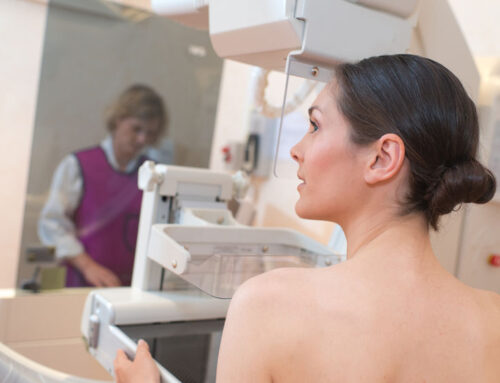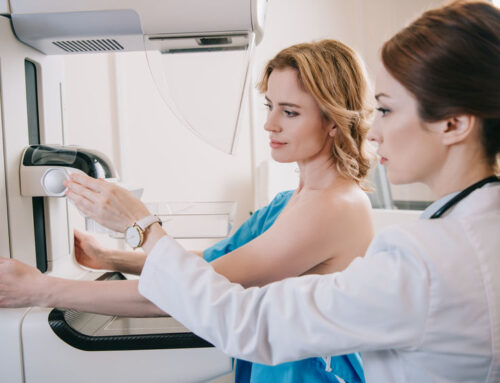Why Are Women’s Health Screenings Important?
Health screenings are medical examinations conducted by doctors to check for various health issues. Health screenings are preventative and detect abnormal medical conditions before these issues worsen. A primary care provider (PCP) offers health screenings at a patient’s request or by suggestion. These screenings can be done at an annual exam or another appointment.

What types of health screenings should a woman get?
The types of health screenings a woman should get are dependent on age, sexual activity, medical history, and other factors. Women between 18-39 should get screened for cervical cancer, skin cancer, breast cancer, sexually transmitted diseases, diabetes, blood pressure, cholesterol, and overall physical exam. Patients should also stay updated with immunizations, dental exams, and eye exams. A PCP should be able to give patients a referral to these specialists if needed.
Can a Primary Care Provider give a mammogram?
As women age, the need for additional health screenings becomes necessary. Mammograms are recommended for women over the age of 40, but women with a family history of breast cancer should get tested earlier. During a mammogram, a technician takes x-rays of the breast. Then, a radiologist reviews the pictures to detect any signs of breast cancer. Patients can talk to a PCP about conducting a mammogram or writing a referral for one.
What happens during a cervical cancer screening?
Medical professionals use pap smears to screen for cervical cancer. Doctors use a small brush to scrape cells from the cervix during a pap smear. The cells are sent to a laboratory for testing. Patients may have to return to the doctor’s office for additional testing depending on the results. Women aged 21 and over should get pap smears every three years.
Why do I need a cholesterol test?
A cholesterol test is called a lipid panel or profile test. These tests check the blood for cholesterol and triglycerides. Fatty deposits, also known as plaque, buildup in the bloodstream and block arteries. These blockages lead to high cholesterol levels. High cholesterol causes heart disease, heart attacks, and other heart conditions. Typically, cholesterol screenings start at 45, but women with certain risk factors should start screenings at age 20.
Should I discuss this with my PCP?
Patients interested in health screenings should schedule an appointment with a healthcare provider to learn more. Providers can’t educate patients on the specific guidelines for health screenings and recommendations. PCPs can also write refers to specialists like cardiologists and gynecologists for additional testing.




